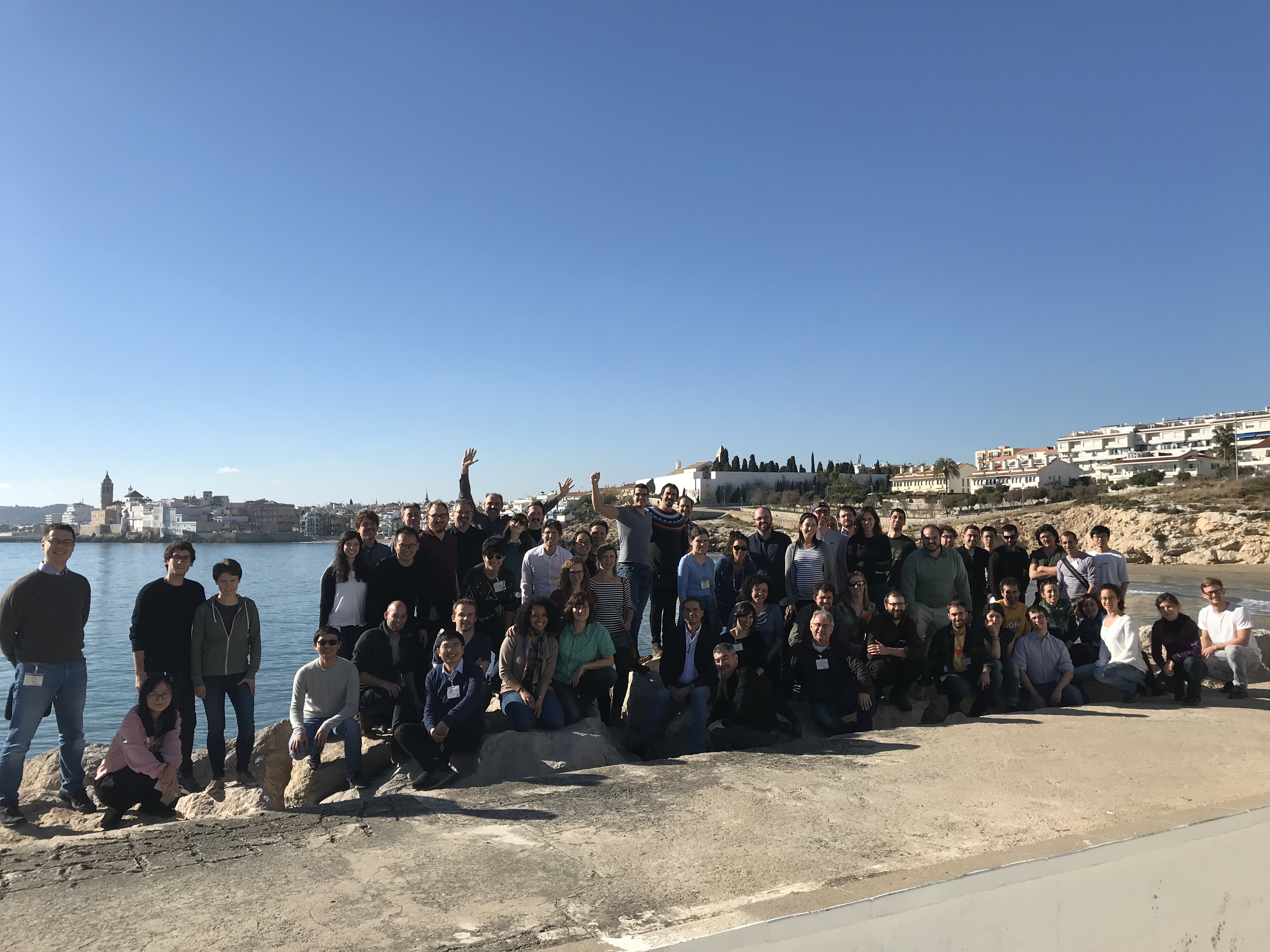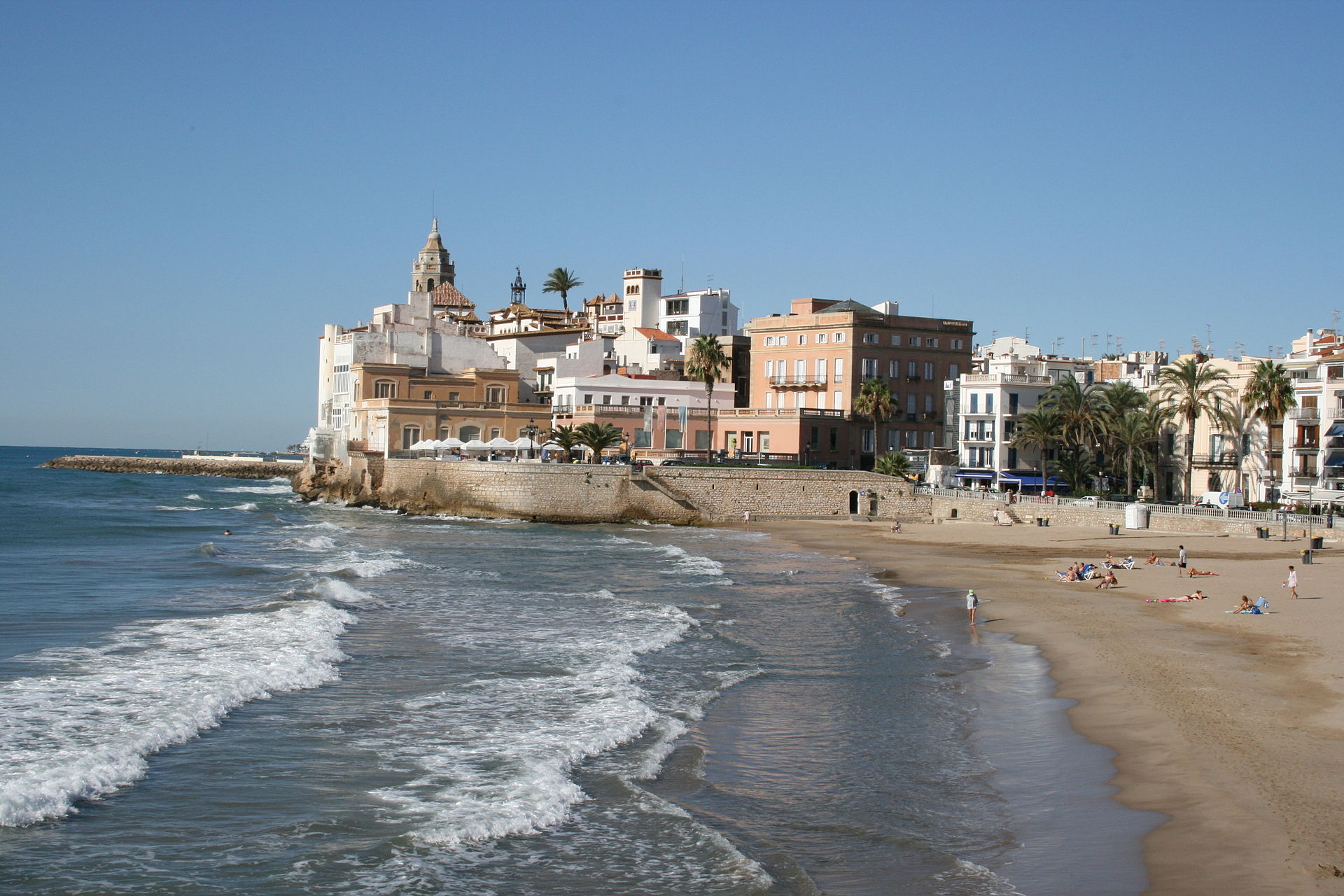This call closed on the 31st of August 2019
FutureArctic offers a training at the inter-sectoral edge of environmental science, computer science, artificial intelligence, online sensor engineering and social sciences, by building a pioneer ‘ecosystem-of-things’ at the http://Forhot.is natural laboratory.
We recruit 15 Early Stage Researchers (ESRs), who will be incorporated in a multidisciplinary and international research team. Each ESR will be hosted in a beneficiary institution and will receive additional training during secondments at the industrial and/or other academic partners’ facilities.
http://www.futurearctic.be/phd-positions/
https://euraxess.ec.europa.eu/jobs/396806
 |
ESR8: Plant and soil metabolome in a warming subarctic.Host: CREAF, co-host: IMEC. Contact person: josep.penuelas@uab.cat Expected start date: between September 2019 to January 2020 Location: Barcelona. Profile: Ecology and metabolomics Please send your job application (motivation letter & CV in English) to josep.penuelas@uab.cat |
|
xxxxxxx |
||
 |
xxxx |
ESR 1: Microbiome structure of warmed grasslands.Host: UAntwerpen, co-host: ILVO. Contact person: erik.verbruggen@uantwerpen.be. Expected start date: January 2020 Location: Belgium. Profile: Biology, Ecology. |
 |
ESR 2: Visual, NDVI and hyperspectral assessment of grassland plant and vegetation traits.Host: ILVO, co-host: UAntwerpen. Contact person: peter.lootens@ilvo.vlaanderen.be. Expected start date: January 2020 Location: Belgium. Profile: Agriculture, Biology, Plant Sciences, Remote Sensing |
|
 |
ESR 3: The functional rhizobiome in warming grasslands.Host: UTARTU, co-host: VSI. Contact person: ivika.ostonen@ut.ee Expected start date: September 2019 Location: Estonia. Profile: Biology, Plant Ecology, Microbiology, Soil Science |
|
 |
ESR4: Microbiome physiology and microbial interactions.Host: UNIVIE, co-host: UAntwerpen. Contact person: andreas.richter@univie.ac.at, christina.kaiser@univie.ac.at Expected start date: January 2020 Location: Vienna. Austria. Profile: Ecology, Microbiology, Ecological Modelling |
|
 |
ESR5: Diel, synoptic and seasonal variability in sources of soil CO2 emissions.Host: UIBK, co-host: MIRICO. Contact person: Michael.Bahn@uibk.ac.at, Expected start date: January 2020 Location: Austria. Profile: Ecology, Biology, Biogeochemistry |
|
 |
ESR6: The carbon balance in sub-arctic ecosystems.Host: UCPH, co-host: SVARMI. Contact person: ksl@ign.ku.dk. Expected start date: 1 October 2019 Location: Denmark. Profile: Greenhouse gas exchange, Biogeochemistry |
|
 |
ESR7: Plant phenology and plant stress evolution.Host: LBHI, co-host: ILVO and CREAF. Contact person: bjarni@lbhi.is Expected start date: January 2020 Location: Iceland. Plant Ecology, Ecophysiology, Environmental Sciences |
|
 |
ESR9: Fast prototyping platform to enable sensor communication technology.Host: IMEC, co-host: DMR. Contact person: Maarten.Weyn@uantwerpen.be Expected start date: January 2020 Location: Belgium. Profile: Applied Engineer Electronics – ICT / Computer Science |
|
 |
ESR 10: Development of an autonomous UAV application for image based (e.g. hyperspectral) ecosystem climate response assessment.Host: SVARMI, co-host: LBHI and CREAF. Contact person: victor@svarmi.com Expected start date: January 2020 Location: Iceland. Profile: Remote Sensing, Environmental Sciences, Plant Ecology |
|
 |
ESR11: Development of an automated sampler for subsoil nutrient flows.Host: DMR, co-host: UCPH. Contact person: pla@dmr.dk Expected start date: 1 september 2019 Location: Denmark. Profile: Hydrogeology, Environmental Engineering |
|
 |
ESR12: Smart root imaging technology for root phenological studies.Host: VSI, co-host: UTARTU. Contact person: l.seehra@vienna-scientific.com or boris.rewald@boku.ac.at Expected start: date: September 2019 Location: Austria. Profile: computational image analysis, data science, bioinformatics |
|
 |
ESR13: Design and Evaluation of Learning Algorithms for complex ecosystem interaction analysis (“Ecoalgorithm”).Host: IMEC, co-host: UAntwerpen. Contact person: steven.latre@uantwerpen.be. Expected start date: Location: Belgium. Profile: |
|
 |
ESR14: Optimizing storage & analysis of ecosystem data both on the edge & in the cloud.Host: IMEC, co-host: SVARMI. Contact person: steven.latre@uantwerpen.be Expected start date: Location: Belgium. Profile: |
|
 |
ESR15: “Big data” and shifts in research practices.Host: UNIVIE, co-host: ILVO. Contact person: ulrike.felt@univie.ac.at Expected start date: February 2020 Location: Austria. Profile: science and technology studies or a related social science discipline, solid knowledge of qualitative social science methods |




